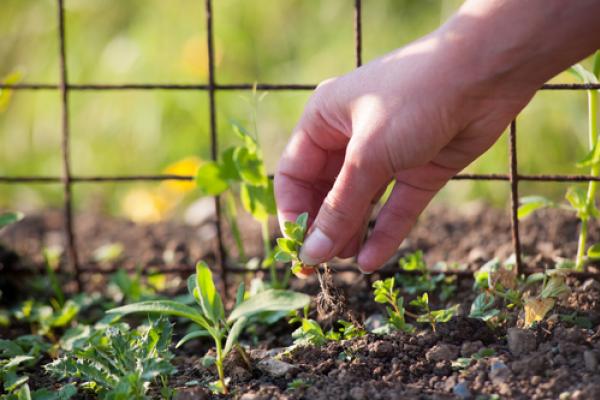After services as a boy growing up in Minnesota, I can still recall my father’s reflections as I sat uncomfortably in my powder-blue polyester suit in the back seat of our rusting family car. We were trying to escape the synagogue parking lot with all the other congregants rushing toward the exits.
Having just spent the morning reflecting, beating our chests, repenting, and listening to the rabbi talk about various themes of forgiveness, my father observed that we hadn’t even left the parking lot and people were honking at each other, shaking their fists angrily and cutting each other off.
“How quickly we forget,” he would say to no one in particular.
“We can’t even make it to the road and we are already treating each other poorly again. Where are these people going that they are in such a hurry? Selfishness and entitlement are such fast-growing weeds.”
I have come to realize my father was a bit of a blue-collar sage, and perhaps that’s why the words of the prophet Isaiah have always resonated so deeply for me:
“Is this the fast that I desire? A day for people to starve their bodies … lying in sackcloth and ashes? Do you call that a fast? … No this is the fast I desire … To untie the cords of the yoke. To let the oppressed go free … to share your bread with the hungry and to take the poor into your home. When you see the naked to clothe them and not ignore your people.”
We can’t do binge forgiveness, manic charity, or go on a spiritual bender once a year during the High Holy Day season and expect it to have much of an impact on our lives or those in our community. It will slip off of us, and for the most part, not leave a trace.
Rabbinic tradition speaks to this idea. One rabbi stood at the mouth of a well and asked, “Who carved this stone?”
He was told, “Is it not the water which falls on it?”
Later, another rabbi added: “The waters carved the stone only because they fell drop after drop, year after year, without pause. Had the accumulated water poured down at once, it would have slipped off the rock without leaving a trace.”
The shelf life of reflection and charity is indeed very, very short. The poor will still be poor. The isolated will still be alone. It seems our souls are too porous to hold the cleansing waters of forgiveness and prayer for very long.
We need to be like communal farmers all year. It takes continued effort to keep the weeds away so that whatever fruit there is can take root. So too it is with us. It takes perpetual weeding and gardening of our souls. We need the fertilizer of reflection, but we also need the harvesting of action.
After all, as a not-so-famous blue-collar sage once told me: “Selfishness and entitlement are such fast-growing weeds.”
Rabbi Will Berkovitz is chief executive officer of Jewish Family Service of Seattle, a 122-year-old agency that delivers essential human services. Via RNS.
Got something to say about what you're reading? We value your feedback!
